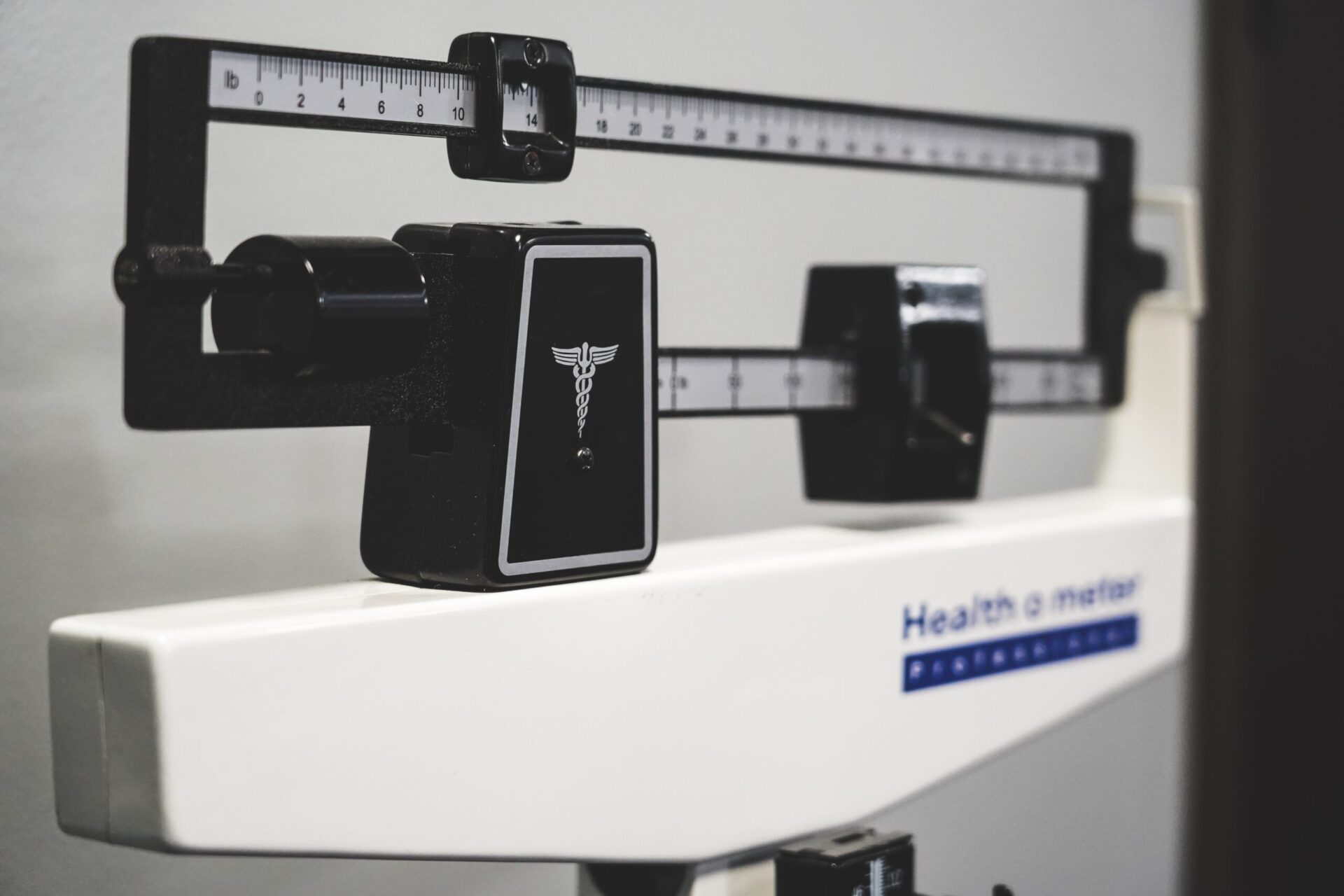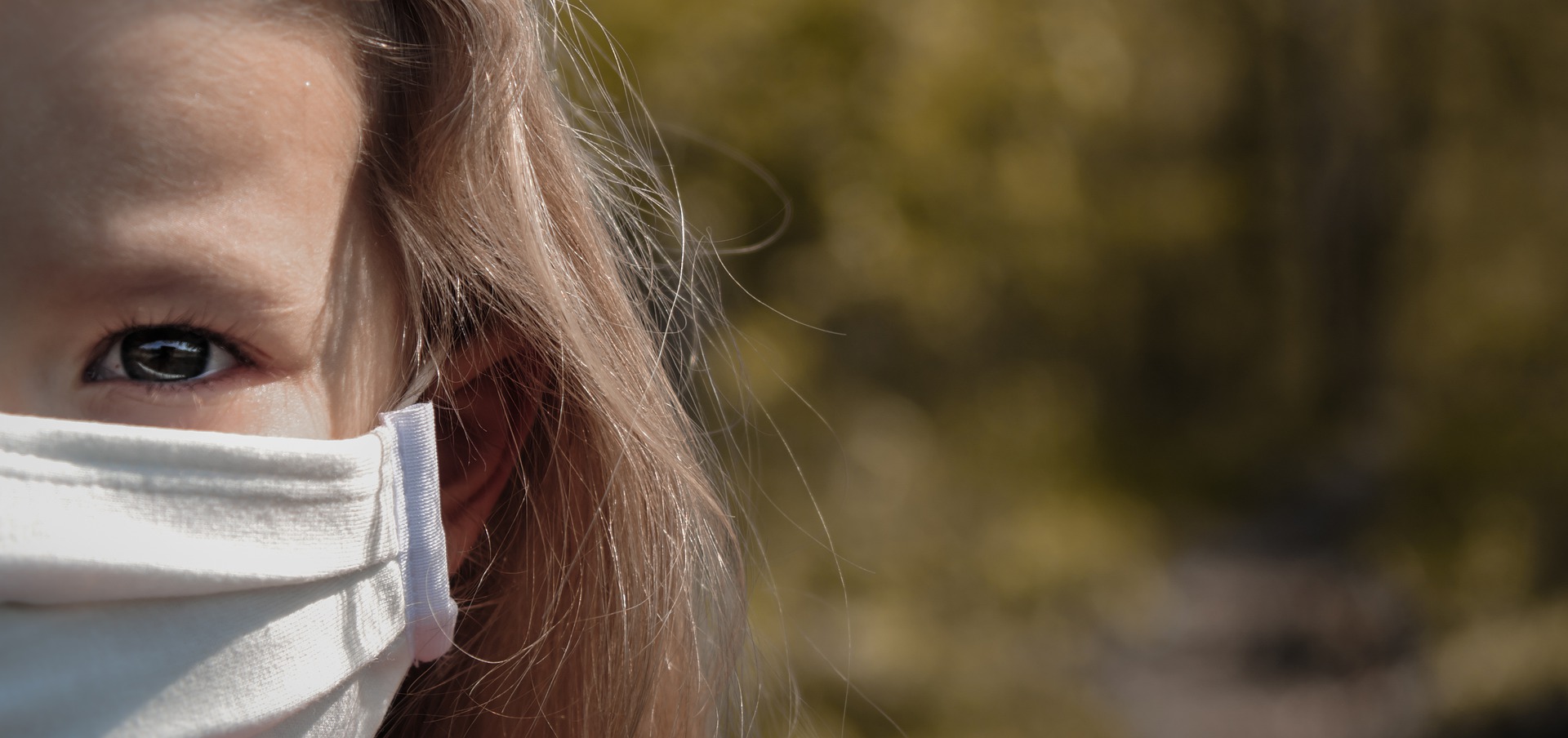It’s well reported in the media that older people are more at risk from serious complications if they catch COVID-19. However researchers are have also identified that obese people are also a high-risk group.
The reason that obese people are at such a high risk is because they are more likely to have other health concerns such as: asthma, sleep apnoea, heart disease, type 2 diabetes, high blood pressure, and an impaired immune system.
These health conditions make it more difficult to fight the coronavirus, and as such a high number of those admitted to intensive care are obese.
The Irish government have acknowledged this increased risk for overweight people, and it’s reflected in their plans for rolling out the COVID-19 vaccine.
Here’s the current order for vaccine rollout:
The seventh group includes people with a whole range of conditions, which includes obese people with a body mass index of over 40.
That puts morbidly obese people in the queue right after older people and health care workers.
Mental health
In addition to the physical risks from being obese, there’s evidence that obese people have also experienced a negative psychological impact from the COVID-19 virus.
A study has found that obese people during the pandemic have experienced:
- A negative effect on their diet. When furloughed or working from home, people have found that they eat more and make poorer choices about what to eat – primarily because of the proximity of food.
- A negative effect on their exercise. With gyms and swimming pools closed, it’s have a big impact upon people’s opportunity to exercise.
- An increased sense of fear, anxiety and stress. Some obese people are terrified to go outside, as they realise they are at high risk if they catch the virus.
All of these can lead to a poor mental and physical health – as often the two are deeply interconnected.






4 Comments